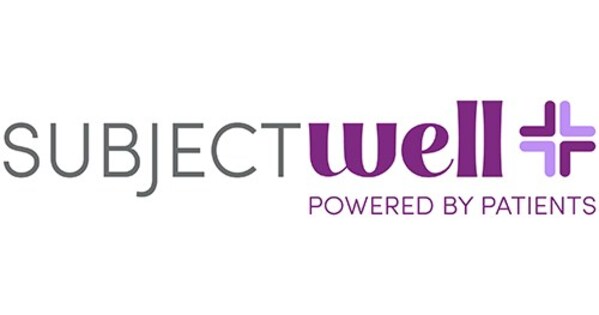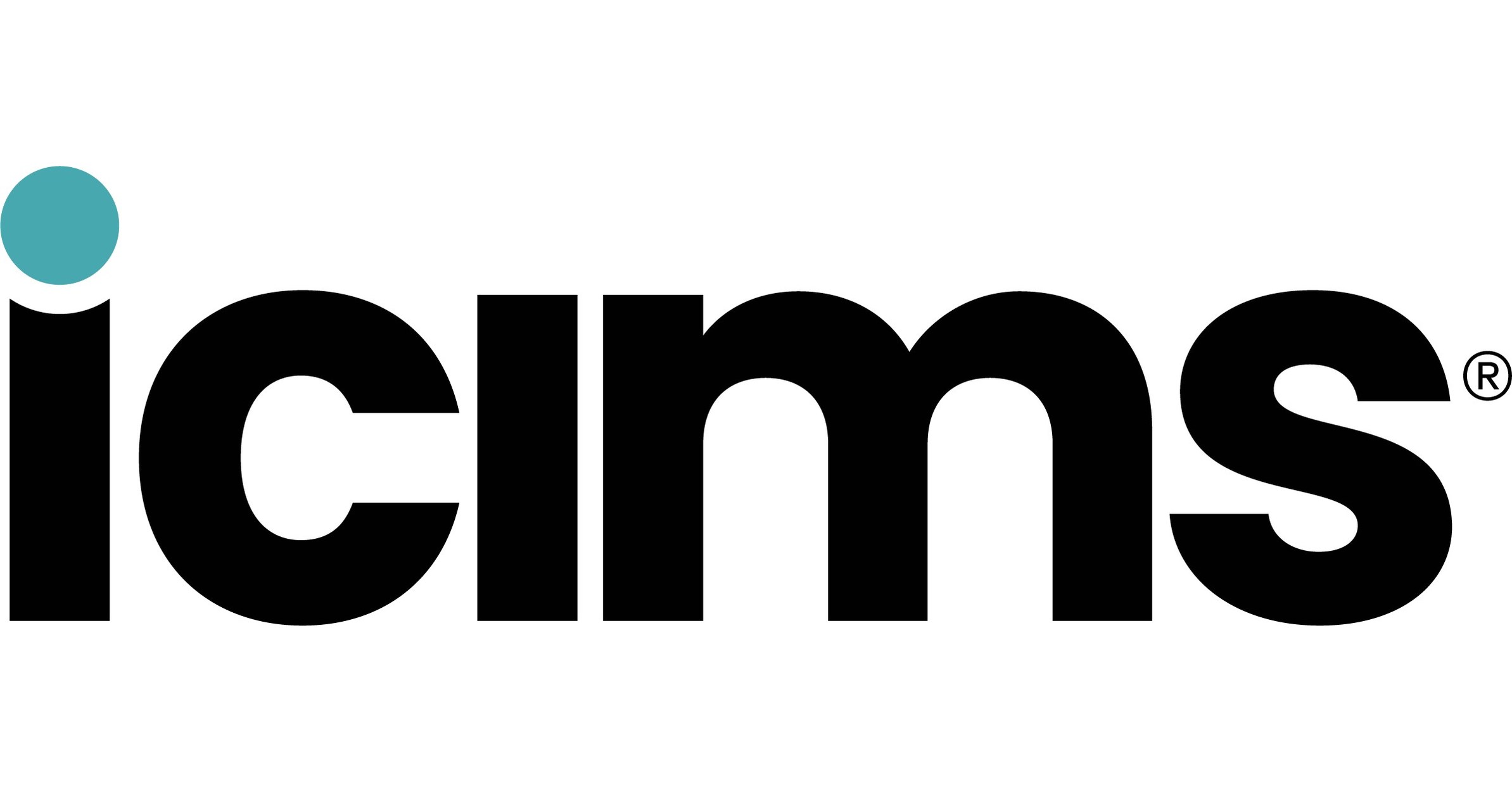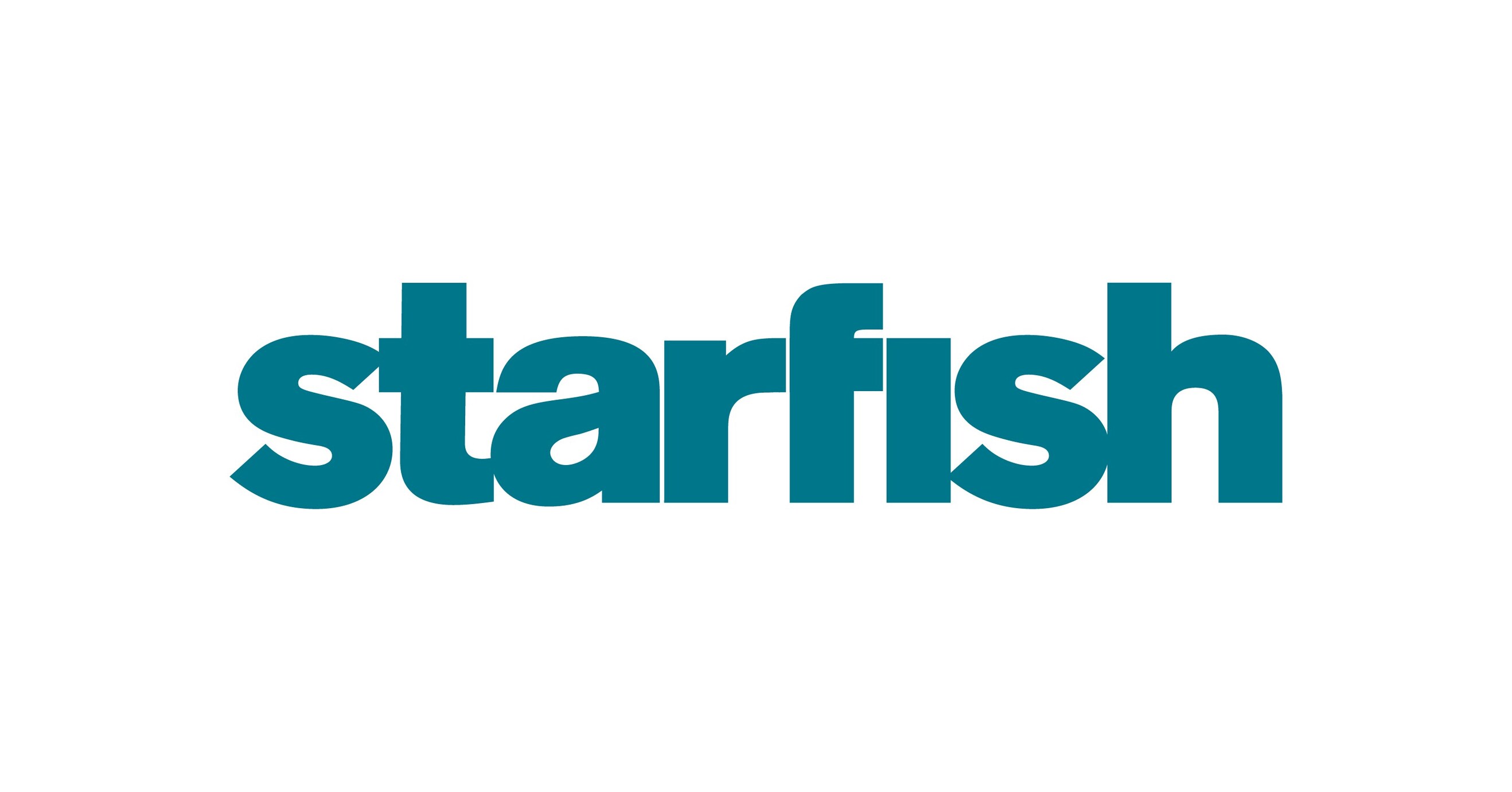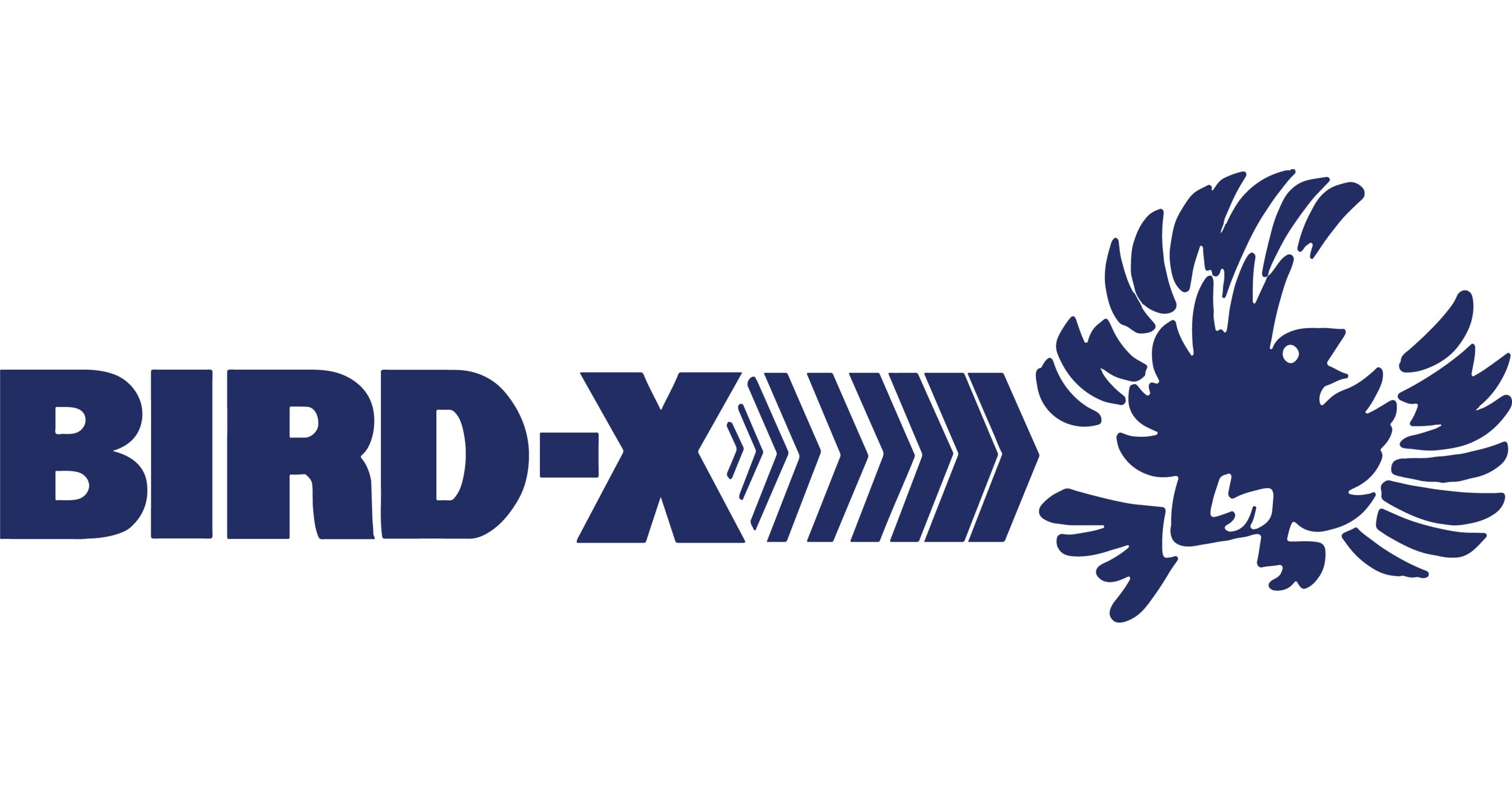Alcoholic hepatitis treatment involves managing liver inflammation caused by excessive alcohol intake. Key approaches include immediate alcohol cessation, nutritional support, corticosteroid therapy, and in severe cases, liver transplantation. Early diagnosis and medical intervention play a critical role in improving outcomes and preventing liver failure. Treatment is tailored based on disease severity and patient health, emphasizing long-term abstinence and supportive care.
WILMINGTON, Del., Oct. 15, 2025 /PRNewswire/ — Allied Market Research published a report, titled, “Alcoholic Hepatitis Treatment Market – Global Opportunity Analysis and Industry Forecast, 2025-2034″, valued at $668.44 million in 2024, is poised for significant growth. With a projected CAGR of 4.7% from 2025 to 2034, the market is expected to reach $1,064.98 million by the end of 2034. The alcoholic hepatitis treatment market is driven by the rising prevalence of alcohol-related liver diseases and increasing awareness of early diagnosis and management.
Request Sample of the Report on Alcoholic Hepatitis Treatment Market Forecast 2034 –
https://www.alliedmarketresearch.com/request-sample/A234521
Market Introduction
The alcoholic hepatitis treatment market focuses on therapies addressing inflammation of the liver caused by excessive alcohol intake. This condition ranges from mild to severe, potentially leading to liver failure. Treatment typically includes corticosteroids, nutritional support, and abstinence from alcohol, with liver transplantation as an option in critical cases.
Recent developments highlight growing research into novel therapeutics such as interleukin inhibitors and gut microbiota modulators. Key events include increased clinical trials on targeted biologics and stem cell therapies. Additionally, rising global alcohol consumption and liver disease prevalence are fueling market growth. Supportive government policies and rising healthcare investments further encourage research and innovation in this domain.
Report Overview
The alcoholic hepatitis treatment market is segmented on the basis of treatment, route of administration, distribution channel, and region. By treatment, the market is segregated into corticosteroids, hemorroheologic agents, and others. By route of administration, the market is classified into oral and injectable. By distribution channel, the market is categorized into hospital pharmacies, drug stores & retail pharmacies, and online providers.
Region-wise, the market is analyzed across North America (the U.S., Canada, and Mexico), Europe (Germany, France, the UK, Italy, Spain, and rest of Europe), Asia-Pacific (Japan, China, India, Australia, South Korea, and rest of Asia-Pacific), and LAMEA (Brazil, Saudi Arabia, South Africa, and Rest of LAMEA)
- By treatment, the corticosteroids segment dominated the global alcoholic hepatitis treatment market in 2024 and is anticipated to be the fastest-growing segment during the forecast period.
- By route of administration, oral segment dominated the global market in 2024. However, the injectable segment is anticipated to be the fastest-growing segment during the forecast period.
- By distribution channel, the drug stores and retail pharmacies segment dominated the global market in 2024. However, the online providers segment is anticipated to be the fastest-growing segment during the forecast period.
- Region-wise, North America dominated the market in terms of revenue in 2024. However, Asia-Pacific is anticipated to grow at the highest CAGR during the forecast period.
Report Coverage & Details
|
Report Coverage
|
Details
|
|
Forecast Period
|
2025–2034
|
|
Base Year
|
2024
|
|
Market Size in 2024
|
$668.44 million
|
|
Market Size in 2034
|
$1,064.98 million
|
|
CAGR
|
4.7 %
|
|
No. of Pages in Report
|
299
|
|
Segments Covered
|
Treatment, Route of Administration, Distribution Channel, and Region
|
|
Target Region / Countries
|
North America (the U.S., Canada, and Mexico), Europe (Germany, France, the UK, Italy, Spain, and rest of Europe), Asia-Pacific (Japan, China, India, Australia, South Korea, and rest of Asia-Pacific), and LAMEA (Brazil, Saudi Arabia, South Africa, and Rest of LAMEA)
|
|
Drivers
|
Rise in prevalence of alcohol-related liver diseases
|
|
Increase in research funding
|
|
|
Growing awareness and early diagnosis
|
|
|
Opportunity
|
Expanding clinical trials and research initiatives
|
|
Restraint
|
Limited approved treatment options |
Want to Explore More, Connect to our Analyst – https://www.alliedmarketresearch.com/connect-to-analyst/A234521
Market Growth & Opportunities Factors
The alcoholic hepatitis treatment market is witnessing steady growth, driven by several influential factors. One of the primary drivers is the increasing global prevalence of alcohol use disorder (AUD), which significantly raises the risk of alcoholic hepatitis. In addition, with growing public health focus and government intervention, many countries launch awareness campaigns and funding research programs to combat liver diseases associated with alcohol misuse. In 2024, the American Liver Foundation (ALF) awarded $950,000 to support 20 early-career scientists through its Liver Scholar and Postdoctoral Research Fellowship programs. The funding included two $225,000 Liver Scholar Awards, seven $25,000 Postdoctoral Fellowships, and eight Pilot Research Awards targeting PSC, AIH, and BA. These initiatives aim to advance understanding and treatment of chronic liver diseases affecting over 100 million Americans.
In terms of opportunities, the first lies in the development of targeted biologic therapies that address the inflammatory pathways specific to alcoholic hepatitis. Pharmaceutical companies are investing in clinical trials of monoclonal antibodies and cytokine inhibitors such as anti-TNF and IL-1 blockers to reduce liver inflammation more effectively. A second opportunity exists in the integration of personalized medicine approaches, where genetic and metabolic profiling could guide treatment decisions for improved patient outcomes. For instance, identifying patients with a high genetic predisposition to corticosteroid non-responsiveness can help tailor alternative treatments. The third opportunity is the expansion into emerging markets, particularly in Asia-Pacific and LAMEA, where alcohol consumption trends are rising, and healthcare infrastructure is evolving. These regions present untapped potential due to a growing middle-class population and increased government investment in healthcare. Collectively, these dynamics signal a progressive shift in alcoholic hepatitis treatment from conventional methods to a more precise, research-driven therapeutic landscape.
Major Challenges in Industry & Solutions
One key restraint in the alcoholic hepatitis treatment market is the limited availability of effective and approved pharmacological therapies. Currently, corticosteroids remain the standard treatment, yet they are not effective for all patients and can lead to severe side effects such as infections or gastrointestinal bleeding. A potential solution lies in accelerating research and regulatory approval for novel drug classes such as interleukin inhibitors and gut microbiome-based therapies, which target inflammation and liver regeneration more precisely.
Another major restraint is poor patient compliance and delayed diagnosis, often due to social stigma, denial of alcohol dependence, or lack of access to healthcare services. Many patients present only in the advanced stages of liver disease, which limits treatment effectiveness. For instance, patients in rural or underserved regions may delay seeking care until liver function has significantly deteriorated. To address this, community-based intervention programs, increased public awareness, and improved access to screening services are essential. Mobile health clinics and telemedicine platforms can play a vital role in reaching high-risk populations early, improving compliance and treatment outcomes. Overcoming these restraints is crucial to enhancing the overall management and prognosis of alcoholic hepatitis.
For Purchase Related Queries/Inquiry – https://www.alliedmarketresearch.com/purchase-enquiry/A234521
Regional Insights
North America dominated the alcoholic hepatitis treatment market, driven by high alcohol consumption rates, a strong healthcare infrastructure, and active research initiatives. The U.S. leads the region due to extensive funding and support from government and private institutions. Drivers for the region include advanced diagnostic technologies, availability of liver specialists, and favorable reimbursement policies. Restraints include treatment cost and patient reluctance due to social stigma. However, opportunities are rising in the form of biologic drug development and collaborations between research institutions. For instance, in November 2022, Intercept Pharmaceuticals, Inc. announced plans to focus development of its next-generation FXR agonist, INT-787, in severe alcohol-associated hepatitis (sAH). Alcohol-related liver disease is currently the leading indication for liver transplant listing in the U.S., with a marked increase in patients with sAH needing liver transplantation.
Europe is the second-largest region in the alcoholic hepatitis treatment market, supported by increased alcohol consumption and rising cases of liver-related complications. Countries such as Germany, France, and the UK are key contributors. Drivers include a high prevalence of alcoholic liver disease (ALD), strong public health systems, and active participation in global liver research initiatives. Restraints involve regional disparities in access to care and limited public awareness in rural areas. The market also faces challenges in the adoption of innovative treatments due to strict regulatory requirements. Nevertheless, opportunities are present through EU-funded research grants and pan-European healthcare collaboration programs aimed at liver disease management. In 2025, The World Health Organization (WHO) Regional Office for Europe and the European Association for the Study of the Liver (EASL) launched the European Health Alliance on Alcohol-a collaborative initiative uniting health professional societies to strengthen awareness and implement evidence-based policies across Europe.
The Asia-Pacific region is experiencing the fastest growth in the alcoholic hepatitis treatment market, largely due to increasing alcohol consumption, improving healthcare infrastructure, and rising awareness of liver diseases. Countries such as China and India are emerging as key markets. Drivers include growing government initiatives, expanding access to healthcare that enable more patients to seek advanced treatment. Restraints involve limited awareness in rural populations and a shortage of specialized liver care facilities. However, opportunities exist in the form of public-private partnerships and the adoption of telemedicine and mobile health services to reach remote areas.
Key Players
Between 2022 and 2025, product launch and product approval have emerged as the most prominent activities in the alcoholic hepatitis treatment market, enabling key players to expand their offerings and strengthen their market position. For instance, in January 2024, ANI Pharmaceuticals, Inc. announced the launch of Pentoxifylline Extended-Release (ER) Tablets, USP 400mg.
Major Global Key Players –
- ANI Pharmaceuticals, Inc.,
- Teva Pharmaceutical Industries Ltd.,
- Pfizer Inc.,
- Viatris Inc.,
- Advacare Pharma Inc.,
- Aurobindo Pharma,
- Cumberland Pharmaceuticals Inc.,
- Taj Pharma Group,
- Apotex Inc.,
- Sun Pharmaceutical Industries Ltd.
Key Strategies Adopted by Competitors
- In December 2024, Cumberland Pharmaceuticals Inc. announced the FDA has approved a supplemental New Drug Application (sNDA) for its Acetadote (N-acetylcysteine for injection) product. Acetadote is an intravenous (IV) formulation of N-acetylcysteine (NAC) indicated to prevent or lessen liver injury after ingestion of potentially toxic quantities of acetaminophen.
- In November 2022, Intercept Pharmaceuticals, Inc. announced plans to focus development of its next-generation FXR agonist, INT-787, in severe alcohol-associated hepatitis (sAH). Alcohol-related liver disease is currently the leading indication for liver transplant listing in the U.S., with a marked increase in patients with sAH needing liver transplantation. Currently, there are no medicines with an approved indication to treat sAH.
- In November 2023, DURECT Corporation, a late-stage biopharmaceutical company pioneering the development of epigenetic therapies to transform the treatment of serious and life-threatening conditions, including acute organ injury and cancer announced topline results from its AHFIRM trial, a Phase2brandomized, double-blind, placebo-controlled study evaluating the safety and efficacy of larsucosterol in 307 patients with severe alcohol-associated hepatitis (AH).
AVENUE- A Subscription-Based Library (Premium on-demand, subscription-based pricing model) Offered by Allied Market Research:
AMR introduces its online premium subscription-based library on Avenue, designed specifically to offer cost-effective, one-stop solutions for enterprises, investors, and universities. With Avenue, subscribers can avail themselves of an entire repository of reports on more than 2,000 niche industries and more than 12,000 company profiles. Moreover, users can get online access to quantitative and qualitative data in PDF and Excel formats along with analyst support, customization, and updated versions of reports.
Get access to the library of reports at any time from any device and anywhere. For more details, follow the link: https://www.alliedmarketresearch.com/library-access
About Allied Market Research:
Allied Market Research (AMR) is a full-service market research and business-consulting wing of Allied Analytics LLP based in Wilmington, Delaware. Allied Market Research provides global enterprises as well as medium and small businesses with unmatched quality of “Market Research Reports” and “Business Intelligence Solutions.” AMR has a targeted view to provide business insights and consulting to assist its clients in making strategic business decisions and achieve sustainable growth in their respective market domains. AMR offers its services across 11 industry verticals including Life Sciences, Consumer Goods, Materials & Chemicals, Construction & Manufacturing, Food & Beverages, Energy & Power, Semiconductor & Electronics, Automotive & Transportation, ICT & Media, Aerospace & Defense, and BFSI.
We are in professional corporate relations with various companies, and this helps us in digging out market data that helps us generate accurate research data tables and confirms utmost accuracy in our market forecasting. Allied Market Research CEO Pawan Kumar is instrumental in inspiring and encouraging everyone associated with the company to maintain high quality data and help clients in every way possible to achieve success. Each data presented in the reports published by us is extracted through primary interviews with top officials from leading companies of the domain concerned. Our secondary data procurement methodology includes deep online and offline research and discussion with knowledgeable professionals and analysts in the industry.
Contact
David Correa
1209 Orange
Street
Corporation Trust Center,
Wilmington, New Castle,
Delaware 19801 USA.
Toll Free: +1-800-792-5285
Int’l: +1-503-894-6022
UK: +44-845-528-1300
Hong Kong: +852-301-84916
India (Pune): +91-20-66346060
Fax: +1-855-550-5975
[email protected]
Web: https://www.alliedmarketresearch.com
Logo: https://mma.prnewswire.com/media/636519/Allied_Market_Research_Logo.jpg
SOURCE Allied Market Research







